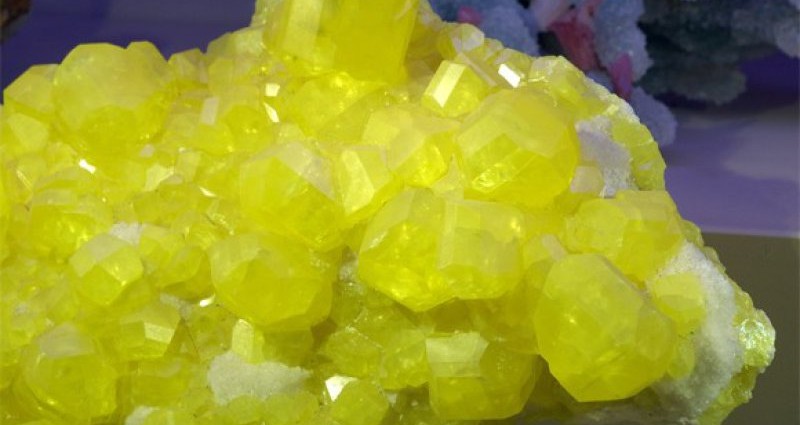ALISE Project to develop Battery Technology towards 500Wh/kg by 2019
ALISE is a pan European collaboration focused on the development and commercial scale-up of new materials as well as understanding the electrochemical processes involved in Lithium Sulfur technology. This project will run for four years and has fifteen partners in total. It will involve the development of the key components of the cell; namely the anode, cathode and electrolyte and will culminate in an ultra-lightweight battery for a SEAT vehicle for testing on-track and public roads. LEITAT is the lead organization involved and will co-ordinate and manage the entire project.
Aided by LEITAT, The Technical University of Dresden, Politechnico di Torino and C-Tech Innovation, OXIS will develop both anode coatings and alternatives to the pure lithium used today. OXIS will partner Fraunhofer IWS and Solvionic and target a gravimetric energy of 500Wh/kg needed for lightweight batteries which will increase the range of Electric Vehicles (EVs). Range is often seen as the barrier to the widespread adoption of EVs. SEAT, aided by OXIS, VARTA, Ficosa, CEIT, Idneo and RDVS will integrate these cells into its vehicle. AVICENNE Energy and DARAMIC will also contribute to the development of the technology.
The ALISE project involves dedicated durability and testing that will ensure the safety and adequate cycle of the battery being developed. OXIS has already built several Lithium Sulfur batteries including for e-bikes, energy storage and an EV battery, integrated into the world’s first Lithium Sulfur powered EV.
This project has received funding from the European Union’s Horizon 2020 research and innovation programme under grant agreement No 666157.
Read the full press release on OXIS website and more information about the project on ALISE website.

